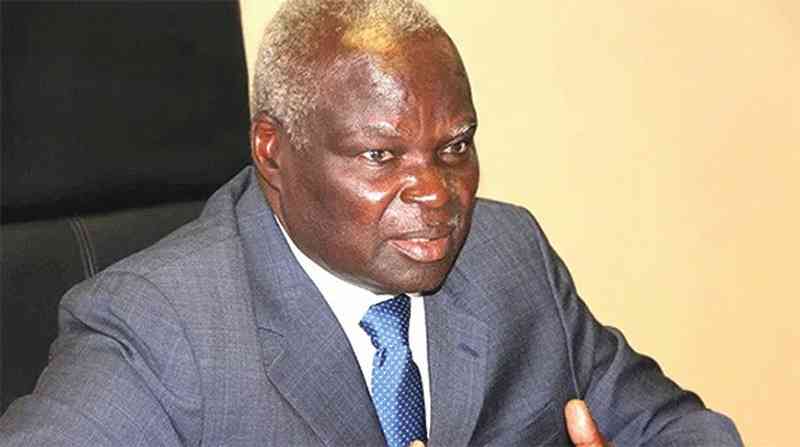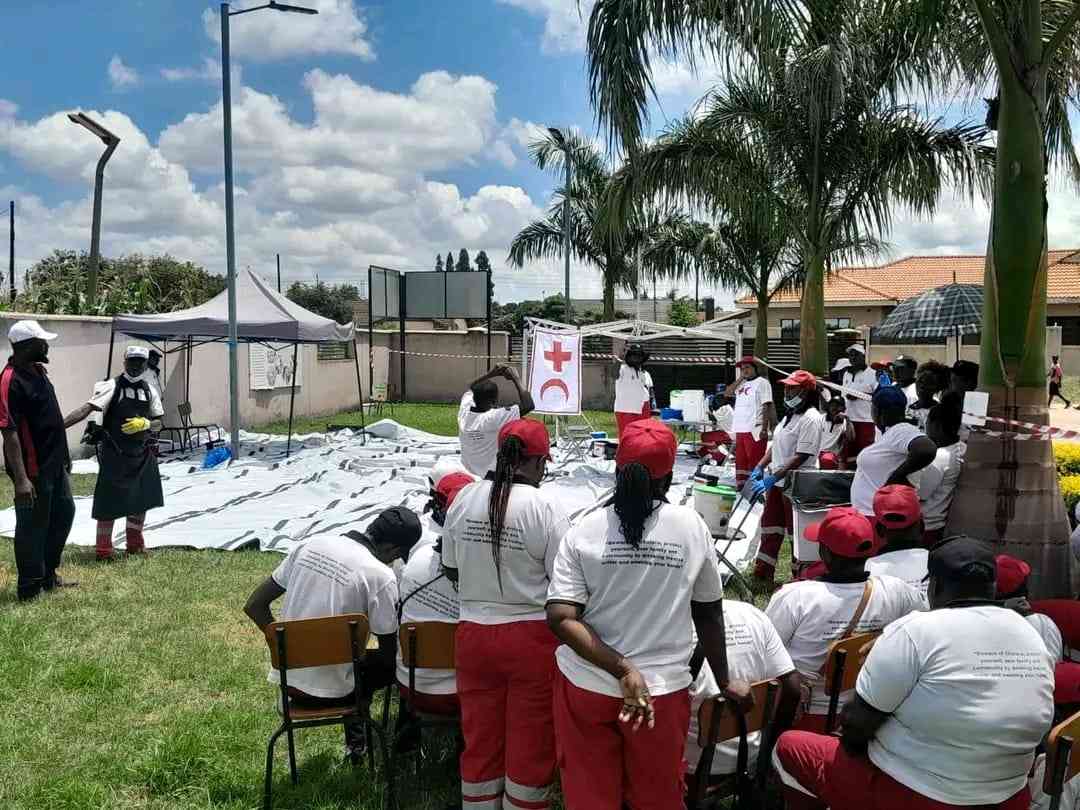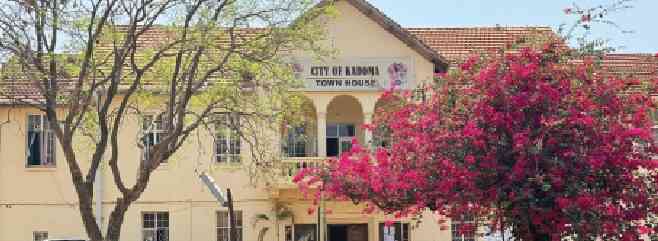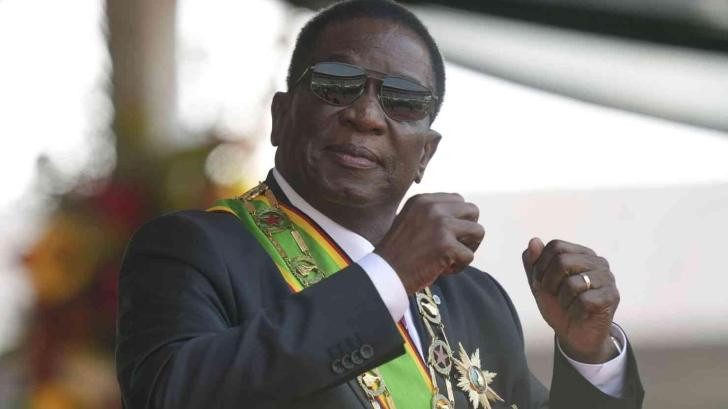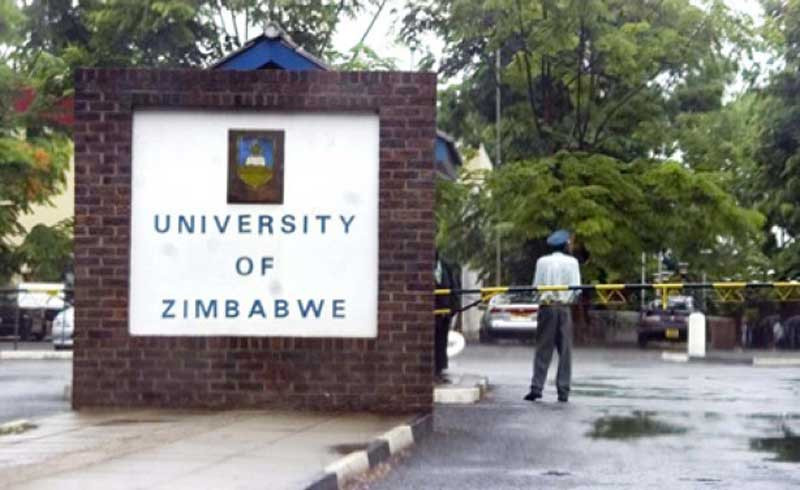
The leaking of a University of Zimbabwe (UZ) examination paper has opened a can of worms with fresh revelations that top politicians, security chiefs and other influential people bribe their way through law school.
There is allegedly a syndicate — involving the well-connected, powerful and financially resourced persons including lecturers and relatives of UZ authorities — with access to examination papers at the law faculty before any examination, it has been revealed.
It also emerged that prior to the recent scandal, students at the university had clashed with lecturers in the law faculty over the Bachelor of Substantive Laws (BLS) — where the examination paper was leaked.
Harare police provincial intelligence officer Superintendent Vigai Maunganidze appeared in court recently after he was allegeldy caught with a UZ law examination paper.
Prosecutors said on October 31 this year, Maunganidze obtained a UZ faculty of law examination paper for the administrative local government law module for second year students that was supposed to be written on November 3.
It is alleged that Maunganidze, who was supposed to sit for the exam, shared the paper via WhatsApp with one Madombi, a Defence ministry official and third-year BLS student at the UZ.
Madombi allegedly shared the examination paper with Zanu PF director of Information Tafadzwa Mugwadi, who reportedly promised to lodge a complaint with the Higher and Tertiary Education, Science and Technology Development minister.
A UZ law lecturer told The Standard that the leaking of the paper was a tip of the iceberg as there was a syndicate that organised examination papers for the powerful, who did not want to attend lectures during the semester.
- Grace Mugabe’s ex-husband Goreraza dies
- Corruption watch: Reasons why Zanu PF is a thieving cult
- Mnangagwa shrinking democratic space
- Grace Mugabe’s ex-husband Goreraza dies
Keep Reading
“Level 1 has a syndicate whose group is led by one Dubai Queen,” the source said.
“The group has been asking for cash for people to join the group as it has privileged access to exam papers prior to the examination date.
“A huge number of students are engaged in corrupt activities to pass exams, specifically accessing exams prior to the exam day and alteration of results for those that failed and other means to enable passes.
“Level 2 class syndicates have been securing exam papers through the Disability Resource Centre prior to the examination.”
In April this year, Zanu PF legislator Dexter Nduna, a BLS student, wrote to the UZ administration protesting the way the programme was being run amid allegations of corruption.
This was after the BLS programme was changed from being a part-time programme to full-time studies.
“We enrolled for the programme with the understanding that it was a part-time programme that would allow us to have lessons during the weekend and after hours as per the advert flighted by the UZ (not the faculty),” Nduna’s letter dated April 1, 2022 reads in part.
The letter was copied to UZ Law faculty dean Innocent Maja, Vice Chancellor Paul Mapfumo as well as the chairperson of the Council for Legal Education Justice Sylvia Chirau-Chigomba and Speaker of Parliament Jacob Mudenda.
“It seems that the faculty leadership is now a law unto themselves and a lot of conflicts of interests seem to be the motivating factor behind decisions (scrapping the BLS programme as part-time) being made.
“Whether it is professional/ethical or standard UZ policy to tell students to make private arrangements and engagements with individual lecturers so as to negotiate with them for lectures, and if this does not open them to sexual harassment, extortion etc as the issue for demanding financial inducements by lecturers seems to be taking root at the UZ and the authorities seem to be condoning it under false pretences that these are merely operational issues under the purviews of faculties.
“Is this not another way of facilitating deplorable practices?
“It may begin to seem that the removal of weekend BLS lectures may have other motives as it was indicated that the lecturers can make other arrangements outside the auspices of the UZ, this involves the payment of inducements and incentives to the lecturers, particularly those teaching languages under the guise that they don’t teach during the weekends.
“Where does this leave those students who are part time? Is this not a ploy to facilitate the conducting/forcing these students into these choreographed and well-orchestrated extra lessons?”
However, UZ law lecturers speaking on condition of anonymity told The Standard that the majority of BLS students did not want to attend lectures, but wanted to “buy degrees.”
“This is a serious programme, but we have the rich and politically connected persons who do not want to attend lectures, but want to be handed degrees on the basis of their status.
“It does not work like that; the credibility of the UZ law degree is seriously under attack,” one of the lecturers claimed.
UZ authorities from last week were dodging questions on the institutions’ law degree.
UZ law faculty department chairperson Fredrick Hamadziripi refused to comment on the corruption allegations.
“Talk to the vice chancellor,” Hamadziripi said. “I am not aware of that issue and neither have l seen or received any letter.”
Mapfumo, the UZ vice chancellor, said he was not aware of the subject.
Acting registrar Munyaradzi Madambi said he was in a meeting when contacted for comment on Friday and could not comment on the matter.
UZ faculty of law dean Maja hung up the phone after this reporter had presented questions to him.
Further efforts to get a comment from him were fruitless.
But BLS student and Zanu PF MP Nduna said there was a lot of corruption in the faculty.
“Some students are attending exams without even attending lectures yet the regulations stipulate that physical attendance should be 60 hours,” Nduna said.
“We are not saying we should not be treated any differently (part-time students).
“We just needed to be treated with respect, but what is happening is that they (lecturers) can recall your transcripts, they are abusing their positions; what is happening there is very criminal.”
In 2018, former UZ vice chancellor Levy Nyagura was arrested on charges of abusing his authority by awarding former first lady Grace Mugabe a PHD degree in 2014.
Senior academic staff distanced themselves from Grace's PhD saying they never read her research proposal; a key requirement for enrolment.


